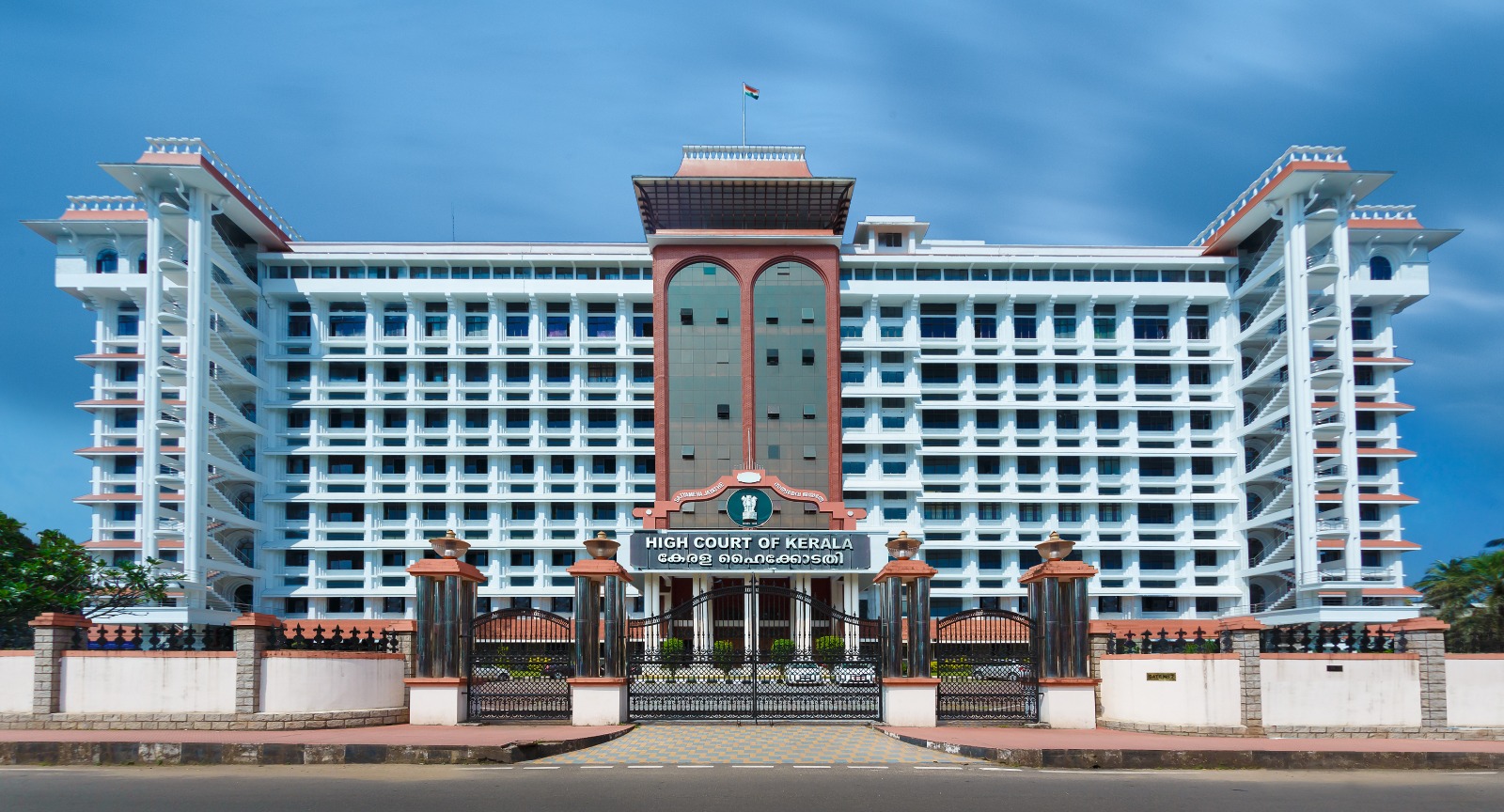N.K. Sud, J.@mdashThe private Respondents (Respondent Nos. 1 to 3) filed an appeal before the Tribunal against the action of the State Government (now Petitioners before us) in demolishing the houses constructed by them on the disputed site at village kakru, District Ambala. The Tribunal allowed the appeal vide its order dated 21-9-2000. This writ petition has been filed by the State of Haryana challenging the aforesaid order of the Tribunal.
2. The Petitioners had demolished the houses by acting under the Punjab Scheduled Roads and Controlled Areas (Restriction on Unregulated Development),Act, 1963, (for short "the Act") on the ground that the disputed structures fell within a distance of 30 meters from the land boundary of National High Way No. 22. The Respondents, however, maintained that they had constructed their houses in Khasra Numbers 65/1, 65/2 and 65/3 which fell within the ''Abadi Deh'' of village Kakru and, therefore the same stood exempted in view of sub Clause (a) of Section 22 of the Act.
3. This is the 3rd. round of litigation on this very issue. The Respondents had earlier been issued notices requiring them to show cause why the disputed structures may not be demolished. The Petitioners without deciding the issue about the applicability of the Act to the property in dispute carried out its demolition. The Respondents, therefore, had to file CWP No. 4467 of 1997 against this arbitrary action of the Petitioners. A Division Bench of this Court vide its order dated March 4, 1998 allowed the writ petition by accepting their contention that the impugned notices and the orders did not satisfy the requirement of a speaking order. In fact, it was conceded by the State Government that the action taken was not in conformity with the law laid down by this Court in M/s Ram Rattan Aggarwal & Company v. State of Haryana and Ors.,1 1996 (4) AIJ 124. The impugned show cause notices were, therefore, quashed. However, liberty was given to the Respondents (i.e. the Haryana Govt.) to pass fresh orders within six months after giving notice and opportunity of hearing to the Petitioners (now Respondents before us.) The Respondents were also granted liberty to seek appropriate remedy for payment of compensation if it was established that their property fell within the ''Abadi Deh'' of the Village and the Petitioners had illegally demolished the same.
4. In pursuance of the orders of the High Court, the Executive Engineer, Provincial Division. No. 1 , Ambala Cantt. exercising the powers of Director under the Act passed the order dated 3-9-1998. He once again held that the buildings in question were outside the ''Abadi Deh'' of Village Kakru and were liable to be demolished as they fell within 30 meters from the land boundary of NH No. 22. A copy of the order of the Executive Engineer dated 3-9-1998 has been produced as Annexure P-2 with the writ petition.
5. Although an appeal against the order of the Executive Engineer was provided in the Act, yet the Respondents were compelled to challenge it by filing CWP No. 16405 of 1998 before this Court as at the relevant time, no Tribunal had been constituted by the State Government. However, when the aforesaid writ-petition came up for hearing before a Division Bench of this Court, the State Government had already constituted the Tribunal and, therefore, the Respondents were relegated to their remedy of appeal vide order dated September 7, 1999. In pursuance of the said order, the Respondents filed an appeal before the Tribunal. The Tribunal, vide its order dated 21/9/2000 accepted the contention of the Petitioners that the property in dispute fell within the ''Abadi Deh'' of Village kakru and, therefore, it could not be demolished. While allowing the appeal, the Tribunal observed that there was no dispute between the parties that the disputed land of the Respondents fell within the extended limit of ''Abadi Deh'' of village Kakru. It did not find any merit in the contention raised on behalf of the State that the exemption granted u/s 22 of the Act was only in respect of ''Abadi Deh'' and not the extended ''Abadi Deh''. A copy of the order dated September 21,2000 has been produced as Annexure P-3 with the writ petition.
6. Aggrieved by the order of the Tribunal, the State has now filed the present writ petition.
7. Ms. Palika Monga appearing on behalf of the Petitioners contended that the Tribunal was not justified in holding that the property, which admittedly fell in the extended limit of''Abadi Deh'' of village Kakru, could be said to be within the ''Abadi Deh''.
8. We have heard the Learned Counsel for the Petitioners and find no merit in the contention raised by her. The only question which needs consideration is whether the area comprising in Khasra Number 65 falls within the ''Abadi Deh'' of village Kakru or not. The Tribunal had found that the consolidation in the village had taken place in 1954 and a scheme had been prepared. This scheme provided for a circular road on two sides of the ''Abadi Deh'' and an area measuring 100-10 standard Kanals had been shown within the circular road and outside the ''Lal Lakeer''. As per this scheme, the additional area had been left for the purpose of residential houses and entry to the adadi. Khasra number 65 is admittedly a part of this area of 100-10 standard Kanals. Thus, there is no dispute that the disputed site falls within the extended ''Abadi Deh'' of the village Kakru as per the scheme. The Learned Counsel for the Petitioners wants to place a very restrictive interpretation of the term ''Abadi Deh''. According to her, only the area which had been shown as ''Abadi Deh'' in the scheme would be covered by the exemption u/s 22 of the Act. However, the area left for extension of the village abadi could not be considered to be ''Abadi Deh''. We are unable to accept this contention. It was rightly observed by the Tribunal that the area reserved for extension of "Abadi'' would be covered by the term ''Abadi Deh''. The Tribunal had recorded the following findings:
A nomenclature of ''Abadi Deh'' itself signifies that such a place is meant to be made use of by the villagers for raising a building, house or a bara. Examined in the context of rise in demand of such an area, that a provision is made in the scheme at the time of consolidation of holding of the village that some more area be included in the existing ''Abadi Deh'' so that the inhabitants of the village can build their houses, baras etc. Precise for this reason in the scheme of the village, an area measuring 100-10 standard kanals was left for extension of village abadi. This area as per map (Annexure P-5) is marked on two sides i.e. East & West by means of red lines whereas the other two sides have been depicted making reference to a road on the North and railway line on its South. Thus the whole area which now comprise ''Abadi Deh'' is situate within bounds of red lines, road and the railway line as per map Annexure P-5. We thus find no substance in the plea of Respondents that extended limit of the abadi would not come within the ambit of''abadi deh'' as per Section 22 of the Act.
9. We are in agreement with the aforesaid findings of the Tribunal. The expression ''Abadi Deh'' has not been defined in the Punjab Village Common Lands (Regulation) Act 1961. It has to be given the meaning as commonly understood. The Tribunal, in our considered view, was perfectly justified in holding that the extended limit of ''Abadi'' would also come within the ambit of ''Abadi Deh'' as per Section 22 of the Act.
10. We, therefore, find no merit in this writ petition. It is, accordingly, dismissed in limine.
Sd/- Jawahar Lal Gupta, J.

